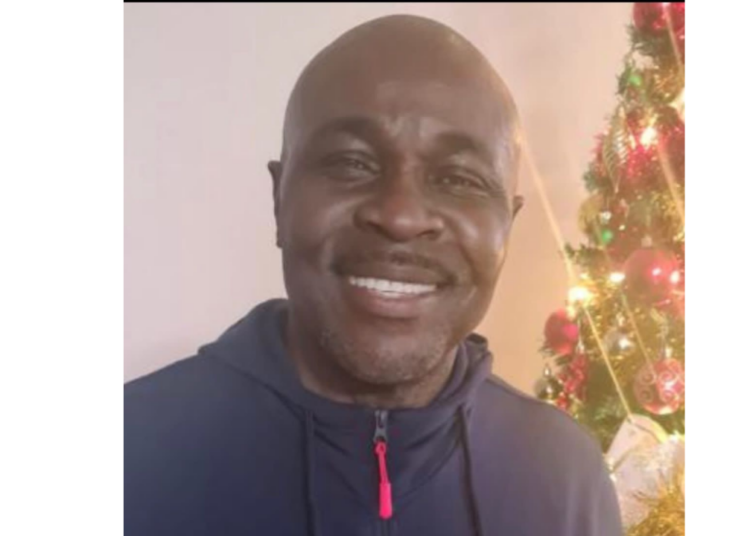One of the most defining features of the current election cycle is the rise of former Anambra State governor, Peter Gregory Obi. How do we explain what is now commonly referred to as the ‘Obi phenomenon?’ And how is this likely to impact on our democracy and political process?
The aphorism that charity begins at home seems to work the other way round in Igboland. The Igbo cultural ethos reveres the person who goes outside the community and achieves success there – and then comes home to be validated. Several Igbo proverbs illustrate this. A typical example is, ‘ukpana uno adighi aha mmanu’ which roughly translates to ‘the home-based grasshopper hardly grows fat or juicy.’ This cultural universe is one of the explanations for the Igbo diaspora-orientation. It also explains why the Igbos, especially the political elite, were initially either lukewarm or unreservedly hostile to Obi’s candidacy.
Obi’s apparent acceptance across the country – driven initially by mostly non-Igbo social media influencers, celebrities and activists – was a pleasant surprise to a generation of Igbo youths who believe that the race is hated and distrusted by other nationalities in the country. As many Igbos gradually warmed up to his aspiration, the audacity of his candidature was suddenly being compared to the feat accomplished by Rangers International of Enugu, a team which was hurriedly assembled at the end of the Civil War in 1970, but which went ahead the same year to emerge the national football champions by trouncing the then title holders, the Nigerian Army Football Team, 2-1, in a pulsating final match.
Rangers, from an enclave that had just been battered by a two-and-half year, one-sided war, in which it lost about three million people, mostly to hunger and malnutrition, went on to represent the country in the 1971 African Cup of Champions Clubs, reaching the quarterfinals before losing to the ASEC Mimosas of Cote d’Ivoire. The success of Rangers, which went on to produce most of the players for the national side (then known as the Green Eagles) for years, helped to lift the Igbo spirit from the defeat of the Civil War and gave them the can-do-it mentality to go and dare in the country at large. Many Igbos feel that the Buhari presidency – despite its commendable efforts in building the Second Niger Bridge – emasculated and ‘inconsequentialized’ the race and set back the gains of re-integration achieved under the presidencies of both Olusegun Obasanjo and Goodluck Jonathan. It is within this context that the uncommon passion for the Obi candidacy among the Igbos should be understood.
The Obi phenomenon was bolstered by Christians who were angered by the ruling APC’s same faith ticket and the possibility of a Muslim being the president of the country for 24 uninterrupted years (eight years for Buhari, potential eight years for Tinubu and another eight years when power returns to the North, most likely to a Muslim). Obi’s candidacy also benefitted from those uncomfortable with the prospect of Atiku Abubakar, a Northern Fulani Muslim, succeeding Buhari, a fellow Fulani Muslim, to validate fears of a Northern political hegemony. There were equally those who supported him on the premise that in the interest of ‘equity, justice and fair play’, someone from the South-east, (the only region from the South which had not produced the president in this dispensation), should succeed Buhari. Obviously, Obi’s carefully cultivated public persona – prudent, modest and empathic – coupled with his anti-establishment messaging, all helped. His accomplishments as Anambra State governor for eight years – embellished here and there as politicians are wont to do – equally swayed some.
In the results announced by INEC, Obi performed above the expectations of his critics, polling 6,101,533 votes – behind Atiku’s 6,984,520 and Tinubu’s 8,794,726. He won outright in 12 states (counting the FCT) – just like Atiku and Tinubu who was declared the president-elect. His Labour Party also won 40 National Assembly seats. Obi said he has evidence to prove that he won the election and has headed to the tribunals to prove it. Suddenly, the Obidients (caricatured as four people tweeting from a room) and the Labour Party became the beautiful brides of Nigerian politics in many states of the federation.
Can Peter Obi’s performance in the last election or even his presidency (if he wins through the courts) assuage separatist agitations in Igboland? This is unlikely. The Scots are still agitating for an independent Scotland despite having been part of the United Kingdom since 1707. Peter Obi’s performance in the February 25, 2023 election (or his presidency if it materializes), can blunt separatist agitations and change its character and trajectory, but it cannot stop it altogether – just as Obasanjo’s presidency and Osinbajo’s vice presidency have been unable to stop agitations for a Yoruba nation. On the contrary, Obi’s audacious bid, risks exacerbating Igbophobia, as we are currently witnessing in Lagos State. Any ethnic group that produces the president comes to the spotlight – as we saw with allegations of ‘Ijaw arrogance’ during the Jonathan government and of ‘Fulanization and Islamization’ under the Buhari government.
– Adibe is a Professor of Political Science and International Relations at Nasarawa State University, Keffi.





